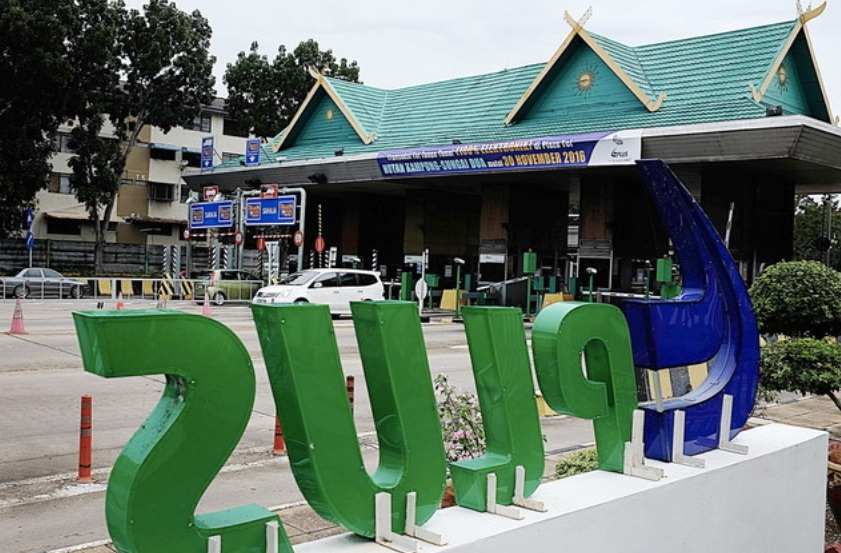KUALA LUMPUR, Aug 5 — The implementation of the Radio Frequency Identification Technology (RFID) in Kedah and Penang has reached 10 per cent penetration compared to 2.3 per cent two weeks ago.
North-South Highway operator PLUS Malaysia Berhad (PLUS) said the contactless and cashless payment system was in line with the Government’s vision towards the MultiLane Free Flow (MLFF) for congestion-free travel.
In a statement, PLUS managing director Datuk Azman Ismail said it was encouraging to see the positive take-up of the RFID with a short period of 14 days.
“I am confident that this will increase as more will see the multiple benefits of this payment solution,” he said.
“The most compelling reason for RFID is that the technology itself propagates physical
distancing as compared to the existing card.”
He added that once it was linked to an e-wallet, it reduced the probability of being stuck in the toll lane because of insufficient balance and the need to physically reload and risk transmission of the coronavirus.
At present, RFID toll payment is available at nine designated closed toll plazas: Hutan Kampung, Alor Setar Utara, Alor Setar Selatan, Pendang, Gurun, Sungai Petani Utara, Sungai Petani Selatan, Bertam and Sungai Dua.
PLUS highway RFID toll payment was implemented in stages, beginning with 10 open
toll systems on January 1, 2020 at Jitra and Kempas (North-South Expressway), Lunas and Kubang Semang (Butterworth-Kulim Expressway), the Penang Bridge, Mambau and Lukut (Seremban-Port Dickson Highway) as well as Perling, Lima Kedai and Tanjung Kupang (Linkedua).
Toll transactions via Touch ‘n Go cards and SmartTAGs are still accepted at all PLUS
toll plazas.
However, at smaller toll plazas with limited lanes, SmartTag lanes were replaced
with dedicated RFID lanes, as the card can still be used at the Touch ‘n Go lanes.






















